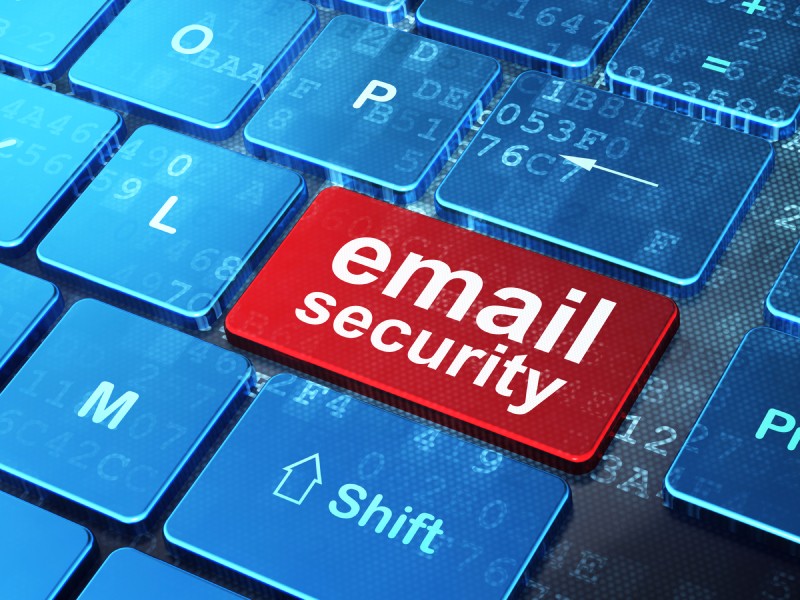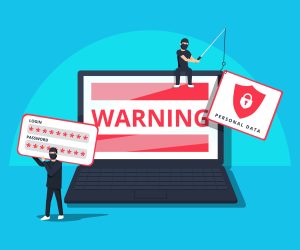While email encryption is not technically a legal requirement for enterprises under the General Data Protection Regulation (GDPR), it can help them remain compliant with it. The GDPR outlines the level of care that must take to avoid the exposure of personal data and, in this blog, we’ll take a closer look at why email encryption and regulation are an ideal match. Read on to discover why your firm needs to start using encryption for its internal and external communications to stay compliant with this important regulation.
What is the General Data Protection Regulation?
The GDPR is the latest and strongest set of data protection rules that is designed to give individuals enhanced control over personal data that belongs to them; GDPR has effectively established new rights regarding data privacy for individuals. As a result, the GDPR impacts any enterprise which processes personal data here in the UK, regardless of where the company is headquartered.
Email encryption and GDPR
According to GDPR, all enterprises must take the necessary steps to safeguard the personal data of their employees, customers, partners and suppliers from unauthorised access, disclosure, use or destruction. While other methods and measures exist, email encryption is among the most dependable and easiest ways to remain compliant when this information is exchanged via the popular business communication channel.
Email encryption software is a technological solution that transforms readable text into an illegible format employing an algorithm. The role of email encryption is to safeguard the confidentiality of the data contained in the message from unauthorised entities.
As mentioned, email encryption use is not required under GDPR. However, it is considered by regulatory bodies to be an appropriate and effective technical measure to protect personal data. This means that, providing the email encryption solution used meets certain standards, in the event of a data breach a company cannot be found to be non-compliant with the GDPR and avoid the massive penalty’s served by regulators like the ICO in such events.
Potential GDPR infractions solved by email encryption
Since the GDPR was instated, several high-profile data breaches have made the headlines, occasionally caused by enterprise and even government employees mistyping the email address of a recipient. In 2018, the ICO fined the British Council for transmitting sensitive personal information to the incorrect email address. The information included data about children and was sent to a third-party organisation. Later the same year, the ICO also fined the British government for sending sensitive information to another wrong email address. This time, the data included personal details on prison inmates, and was sent to a private company. Both instances are an example of infractions against the GDPR and defined as data breaches.
Another mistake that many businesses make is forgetting to encrypt attachments included with their emails. Inferior email encryption software may only protect the body of an email and not its attachments. Unfortunately, email attachments often include the most sensitive material in a communication. For example, a personnel file on an employee or an invoice including a suppliers financial account details. If an email with an unprotected attachment is intercepted by a third-party, this is also considered a breach of GDPR.
Email user errors
Another mistake enterprise employees often make is employing cc instead of Bcc when issuing emails. When emails are sent out to multiple recipients at once, the carbon copy (cc) field helpfully includes all the recipients’ addresses in the email body. This means that should one of the recipients forward the email to another individual, all the other recipients’ email addresses will be exposed.
On the other hand, the blind carbon copy (Bcc) field does not add the recipients’ addresses within the email body. As a result, if one of the recipients forwards the email to another individual, the other recipients’ addresses included will not be exposed.
If encryption has been deployed, such a mistake will not have the same impact, as all data sent is unreadable to all but the intended recipient in possession of the appropriate decryption key.
Protecting personal data with email encryption
The GDPR has now made email encryption a vital tool for enterprises, educational institutions, government departments and other entities that handle personal data. Email encryption offers businesses a way to safeguard the data of their staff, clients, customers and partners from being accessed by unauthorised individuals.
Businesses that encrypt email communications can make certain that only authorised individuals obtain access to the private data contained in their emails. Furthermore, email encryption also allows enterprises to comply with many other GDPR requirements, like the need to offer customers methods to access their data securely.
To start using email encryption and ensure your company is GDPR compliant, contact Galaxkey today and access a 14-day free trial of our advanced and user-friendly system.



